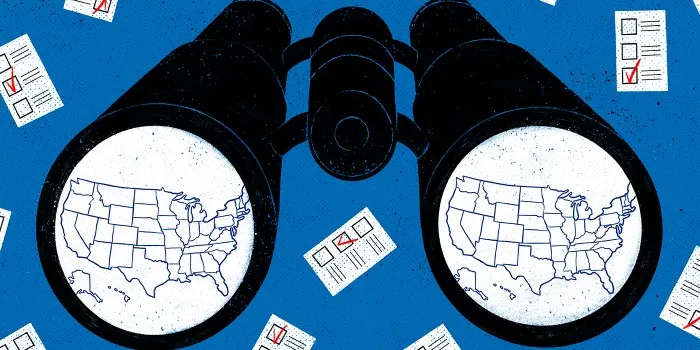Elections are the cornerstone of democracy, providing a platform for citizens to exercise their fundamental right to decide who leads them. However, the integrity of election processes can be compromised by violations that undermine the democratic fabric. In the US, election law violations are taken seriously, and offenders can face severe penalties. It is essential to understand the common election violations and their corresponding penalties to ensure the integrity of the electoral process.
Voter Suppression
Voter suppression is a subtle yet dangerous threat to democracy. Intentionally making it difficult for eligible citizens to exercise their right to vote is a violation of their fundamental rights. Common tactics employed by voter suppressors include voter roll purges, polling place closures, and restrictions on voting hours. These maneuvers can disenfranchise specific groups of voters, such as minorities, seniors, or low-income individuals. Fines and imprisonment can be the consequence of orchestrating such vote tampering.
Campaign Finance Violations
Campaign finance regulations are designed to ensure transparency and fairness in political funding. However, campaign finance violations can occur when candidates or political action committees (PACs) exceed contribution limits, accept prohibited contributions, or fail to disclose financial information. These violations can have serious consequences, including fines, imprisonment, and even the revocation of voting rights.

Voting Machine Tampering
Voting machine tampering is a form of election fraud that can have devastating consequences. Intentionally altering or manipulating voting machine results can nullify the will of the people. This violation is considered a felony and can attract severe penalties, including imprisonment and fines.
False Political Advertising
False or misleading political advertising is another form of election violation that can erode public trust in the electoral process. Candidates or political entities that disseminate false information about their opponents or issues can face legal action. Legal penalties for false political advertising can include fines, legal damages, and even the withdrawal of political candidacy.
Election Day Violations
Election Day violations occur when voters, polling officials, or candidates engage in illegal activities, such as voter intimidation, absentee ballot tampering, or fraudulent voting practices. These violations can be prosecuted as criminal offenses and attract significant legal penalties, including imprisonment and fines.
Penalties for Election Violations
Election violations can have severe consequences for violators, including individuals, political entities, or candidates. Common penalties include:
Fines: Monetary penalties can be imposed on individuals, political entities, or candidates who violate election laws.
Imprisonment: Violators can face imprisonment for election related offenses, including fraud, tampering, or other illegal activities.
Revocation of Voting Rights: In severe cases, violators may lose their right to vote in future elections.
Legal Action: Election violations can also lead to civil lawsuits, seeking damages or injunctive relief.
Ban from Political Activity: Violators may be barred from participating in political activities or holding public office.


